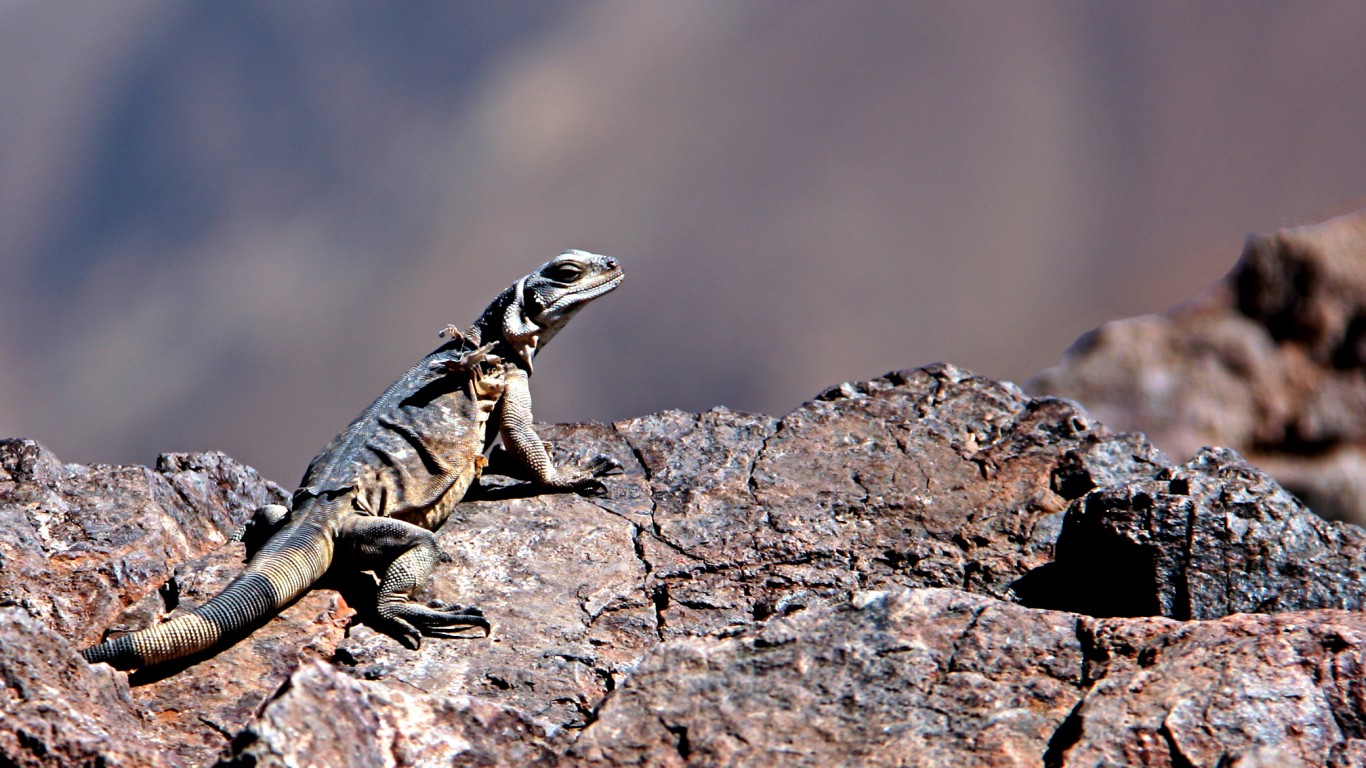

Death Valley holds the record for the hottest place in American history. That milestone, 134 degrees Fahrenheit, was set on July 10, 1913. However, the figure has been questioned because temperature measurement methods were not as sophisticated as they are today. That may not matter. A list of the hottest places in U.S. history has Death Valley in the top 11 places.
Today, it is 118 degrees in the area known as the Death Valley National Park. The National Park Service calls it the “Hottest, Driest, and Lowest National Park.” Death Valley National Park is the largest park as measured by square miles in the contiguous 48 states. It covers 3,373,063 acres on the Nevada border with California. It was established as a national park on October 31, 1994. It gets about 1.7 million visitors a year.
It is not hot in all areas within the park. Telescope Peak is the highest point in the park at 11,049 feet. It often posts sub-freezing temperatures.
The National Park Service reports that one of the greatest problems in the park is that people drive off of its road system. This had done a great deal of damage to what it describes as a fragile ecosystem. There is another reason not to stray from the roads. At least a dozen people have died in the park in the past decade.
It is not expected to get much cooler in the hottest part of the park. Daily high temperatures for the next seven days are not expected to drop below 110 degrees.
Click here to read about the 50 hottest cities in America.
Take This Retirement Quiz To Get Matched With An Advisor Now (Sponsored)
Are you ready for retirement? Planning for retirement can be overwhelming, that’s why it could be a good idea to speak to a fiduciary financial advisor about your goals today.
Start by taking this retirement quiz right here from SmartAsset that will match you with up to 3 financial advisors that serve your area and beyond in 5 minutes. Smart Asset is now matching over 50,000 people a month.
Click here now to get started.
Thank you for reading! Have some feedback for us?
Contact the 24/7 Wall St. editorial team.



